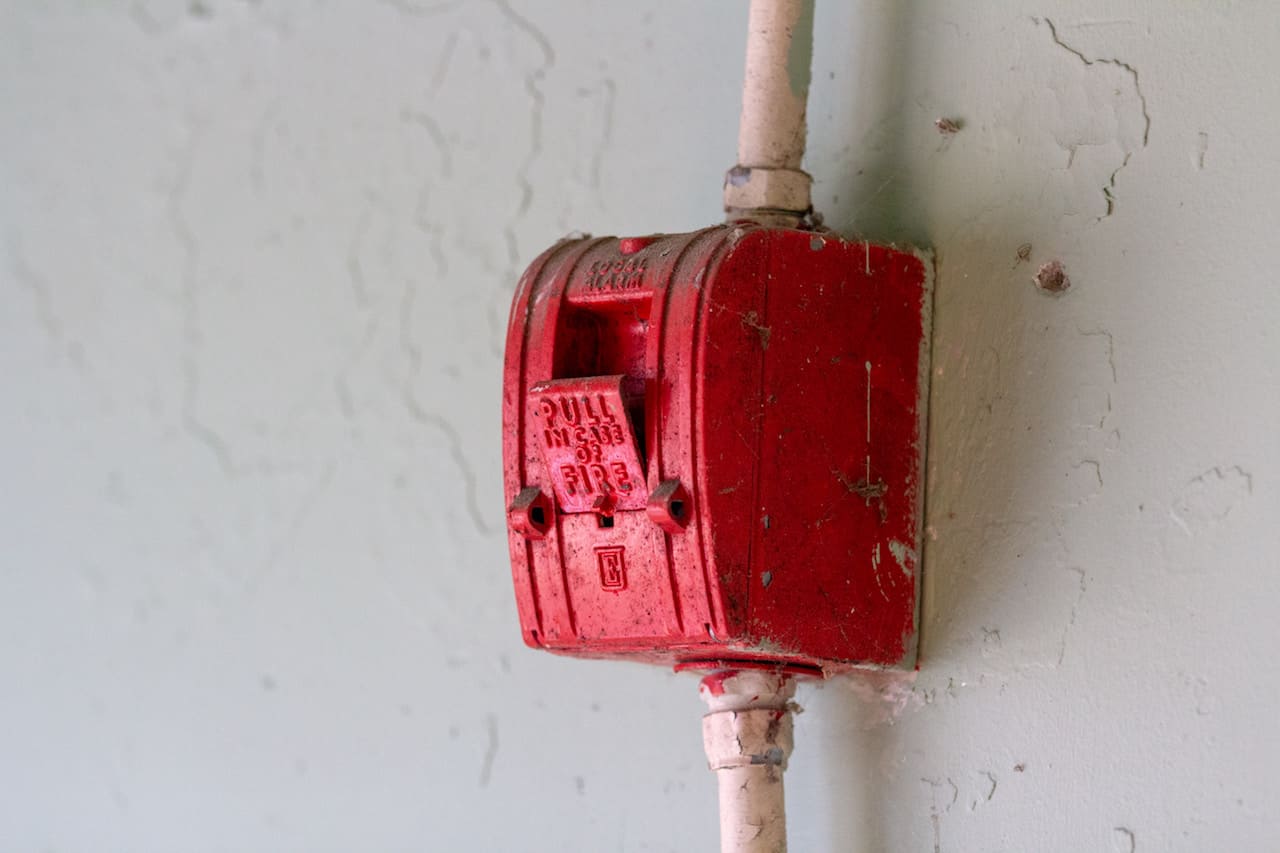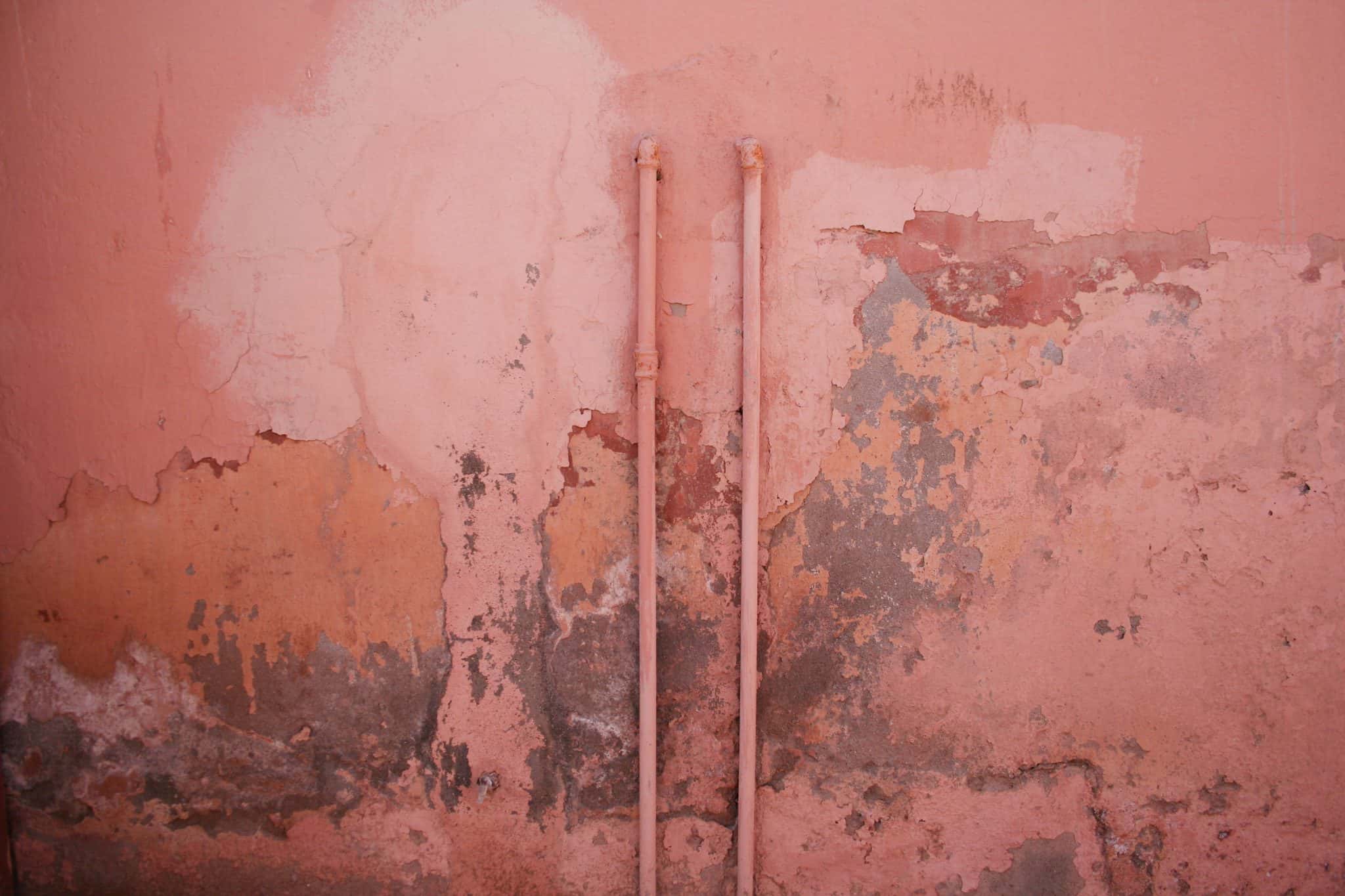Legal Guide: Safety and Liveability Rules for Your Rental
By Mariia Kislitsyna Updated on February 17, 2022
Rendering a habitable living space is the primary responsibility of the landlord. State and municipal regulations may differ on the points of what that means. However, in every state, it’s explicit that landlords have to provide a warm and sanitary place. It needs to have a toilet, shower or tub, wash basin and a kitchen sink. Moreover, the underlying structure, electrical systems, and plumbing should adhere to applicable building codes.
Most jurisdictions have implied warranty of habitability embedded in every rental contract. It mandates landlords to:
- maintain the key building infrastructure such as plumbing and electrical systems in the working order.
- preserve the rental in safe conditions and ensure the absence of unsanitary conditions that constitute a health hazard.
- timely perform repairs and maintenance
Let’s analyze major legal requirements on livability to avoid broad interpretations and potential lawsuits.

What amenities required for habitable rental?
Heating is vital, and some districts and towns legislate very specific requirements about habitable temperatures. It’s important to know the temperature policies in your state, as well as those set by the local authorities. Chicago and Atlanta are two prominent examples of cities that have legislated their own minimum temperature guidelines for rental properties.
Lighting is a necessary amenity, and landlords are responsible for sustaining it. This obligation always applies to the room lighting, but not inevitably to work lights, table lamps, and other lighting equipment. When room lights malfunctions, or any other electrical systems breakdown, the landlord is obligated to repair them.
Air conditioning is n’t necessarily a prerequisite for habitable rental and it’s not generally mandated by the authorities, except in a couple of southern states, like Florida. If a tenant occupies the rental unit with working air conditioner in place, it’s habitually on the landlord to keep it in functional conditions as an obligation under the leasing contract. If the rental unit originally does not have an air conditioning system, the landlord has no responsibility to install it unless local laws specify otherwise.
Amenities are usually considered a bonus, under the federal and state legal frameworks. Appliances are usually listed in the lease agreement as an inseparable part of the property. Therefore, the landlord has a contractual obligation to service appliances installed in the unit. In case the oven or refrigerator breaks, the landlord has to repair it. Nonetheless, you cannot demand it on the grounds of habitability, if it is not inscribed in the contract.
What constitutes unsanitary conditions?
Some sanitary requirements are intuitive. For instance, landlords have to ensure some means for garbage removal, even if they expect tenants to pay for it. They also must keep the sewage system operating. Additionally, landlords are mandated to disclose any potential health hazards in the unit. They should disclose the presence of asbestos or lead paint in the rental property. Even if landlords made a disclosure, they could be liable for health conditions that occur from these pollutants.
Two other unsanitary conditions—mold and rodent are not so straightforward and constitute a legal grey area. This is partly because they can appear due to the neglect on the part of tenant responsibilities. It’s important to remember that tenants share responsibility for maintaining the rental.
Mold
Mold is another notoriously controversial issue. Every mold situation is unique since there are tons of various strains. Only a few of them that can spread inside a dwelling are dangerous and toxic. Nevertheless, multiple mold species can cause extreme discomfort for sensitive people, can prompt allergic reactions and thus can qualify as a health hazard.
The presence of mold often indicated problems with ventilation, cracks in the walls, plumbing leaks or other conditions that the landlord is obligated to repair. Mold never appears in a structurally sound rental. Nevertheless, on rare occasions, mold can be the result of unhygienic practices of the tenant. It not always landlord fault, but it is really hard to pin it on the tenant. Often times the landlord is responsible for mold remediation.

Rodent problems
Rodent infestation, the massive invasion of mice or rats that existed prior to tenants’ move in is obviously the landlord’s responsibility. Certainly, there might be cases when the infestation begins while tenants are occupying the rental. Conceivably that it was prompted by the food lying around that attracted the rodents. However, rodents shouldn’t be able to get into the property if it is properly maintained and structurally renovated from time to time.
For those reasons, rodent extermination is still largely the landlord’s work. Nevertheless, if the issue persists due to the poor hygiene of tenants, the landlord can try to opt out of this responsibility. This is a case, and you should seek qualified legal advice.

Fire alarms and emergency exits
Most state fire departments recognize that a residential property isn’t liveable if it doesn’t possess smoke alarms. The notable exception to this rule is a state of Colorado. In rental units, it’s the landlord’s obligation to serve them. If you are clueless about what type of smoke alarms to use or where to install them, be cautious since there are explicit regulation in this regard. FEMA has a state-by-state guide on the smoke detectors.
Additionally, every bedroom in a rental unit needs to have an emergency exit. The International Residential Code established a minimum required space of 5.7 square feet. In cases when windows aren’t large enough to act as emergency exits, or basement rooms lacks windows, some other appropriate emergencies exist has to be provided.
Maintenance issues
Tenants are generally free from the major maintenance responsibilities. It’s not acceptable for tenants to make repairs on their own, except the simple repairs, such as replacing a light bulb or plunging a toilet. In the same time, the tenant is responsible for making the timely maintenance request in case of the malfunctions that make the unit uninhabitable, such as roof leak or broken toilet.
The landlord has an opportunity to fix the pressing problems with a reasonable time frame before any legal action can be taken.
Mariia Kislitsyna
Mariia serves as editor-in-chief and writer for the Rentberry and Landlord Tips blogs. She covers topics such as landlord-tenant laws, tips and advice for renters, investment opportunities in various cities, and more. She holds a master’s degree in strategic management, and you can find her articles in such publications as Yahoo! Finance, Forbes, Benzinga, and RealEstateAgent.
